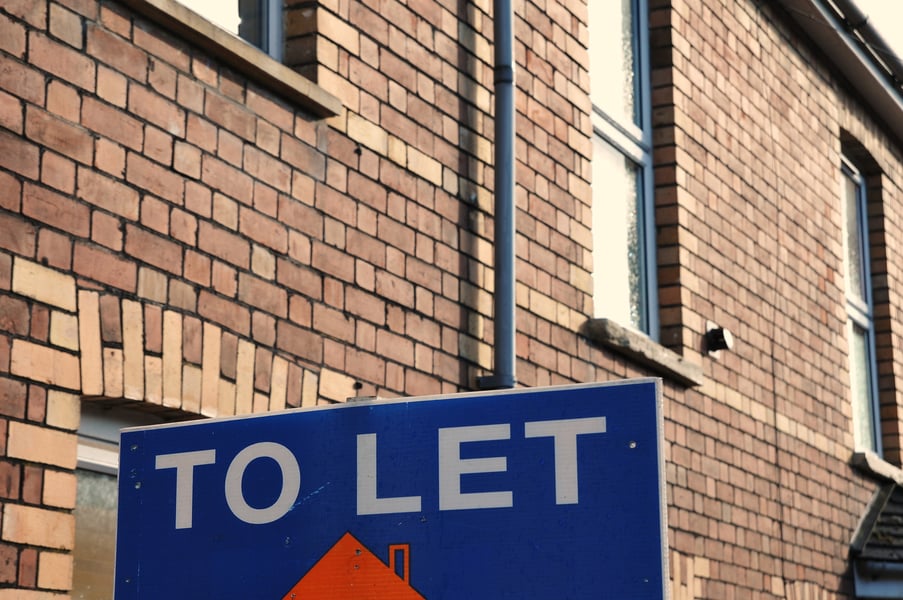
Rents grew by 1.6% in 2016 across Great Britain to reach an average of £927 per calendar month, but this was the lowest annual increase for seven years and half the rate of 2015, new research from Countrywide shows.
In London average rents ended the year 2.9% down on 2015, the largest fall since March 2009, to stand at £1,246, according to the latest monthly index from the property services firm.
The data also shows that the number of homes coming onto the rental market rose 12% over 2016, an increase twice as large as the number of tenants which increased by 6% and this meant that landlords were less likely to put the rent up for renewing tenants
Rents in the North of England rose faster than those in the South, and London moved from having the second fastest rental growth to the third slowest of the 11 regions in Great Britain. The average cost of renting a home in the capital fell 2.9% on last year (table 1), the largest fall since March 2009.
The index report says that the slowdown in rental growth has been driven by an increase in the number of new homes available to rent. Over the year the average number of available rental properties increased by 12% with every region saw an increase in available rental stock.
Indeed, London saw the greatest growth in supply with 22% more homes to rent compared to 2015. Faced with greater choice, tenants have been able to negotiate on price, the report explains.
Slowing rental growth has also led to a fall in the number of tenants agreeing an increase in rent when renewing contracts. In 2016 some 33% of tenants who renewed their contract saw their rent go up, down from 37% in 2015.
The average size of the rental increase remained unchanged at 2.1% over the course of the year and only renewing tenants in central London and Scotland saw their average rent drop, by 2.8% and 0.2% respectively.
Johnny Morris, research director at Countrywide, said: "As the number of homes available to rent has grown landlords have had to work harder to attract tenants. The average time to let spiked in April and has remained resolutely high ever since. Landlords are increasingly tempting sitting tenants to renew contracts with the promise of unchanged or even lower rents.
"Rental growth will likely increase in 2017. Squeezed yields, fewer tax breaks and higher stamp duty rates are likely to deter landlords from expanding their portfolios. Fewer homes on the market will leave tenants with less choice and negotiating power."
A breakdown of the figures show that new rents fell the most year on year in central London with a decline of 9.4%, followed by Scotland and the South West, both down by 3.1% and greater London down 2.9%.
New rents increased the most compared to December 2015 in the East of England with a rise of 8.1% followed by the South East up 7.3%, the Midlands up 6.2%, Wales up 5.6% and the North of England up 4.8%.



